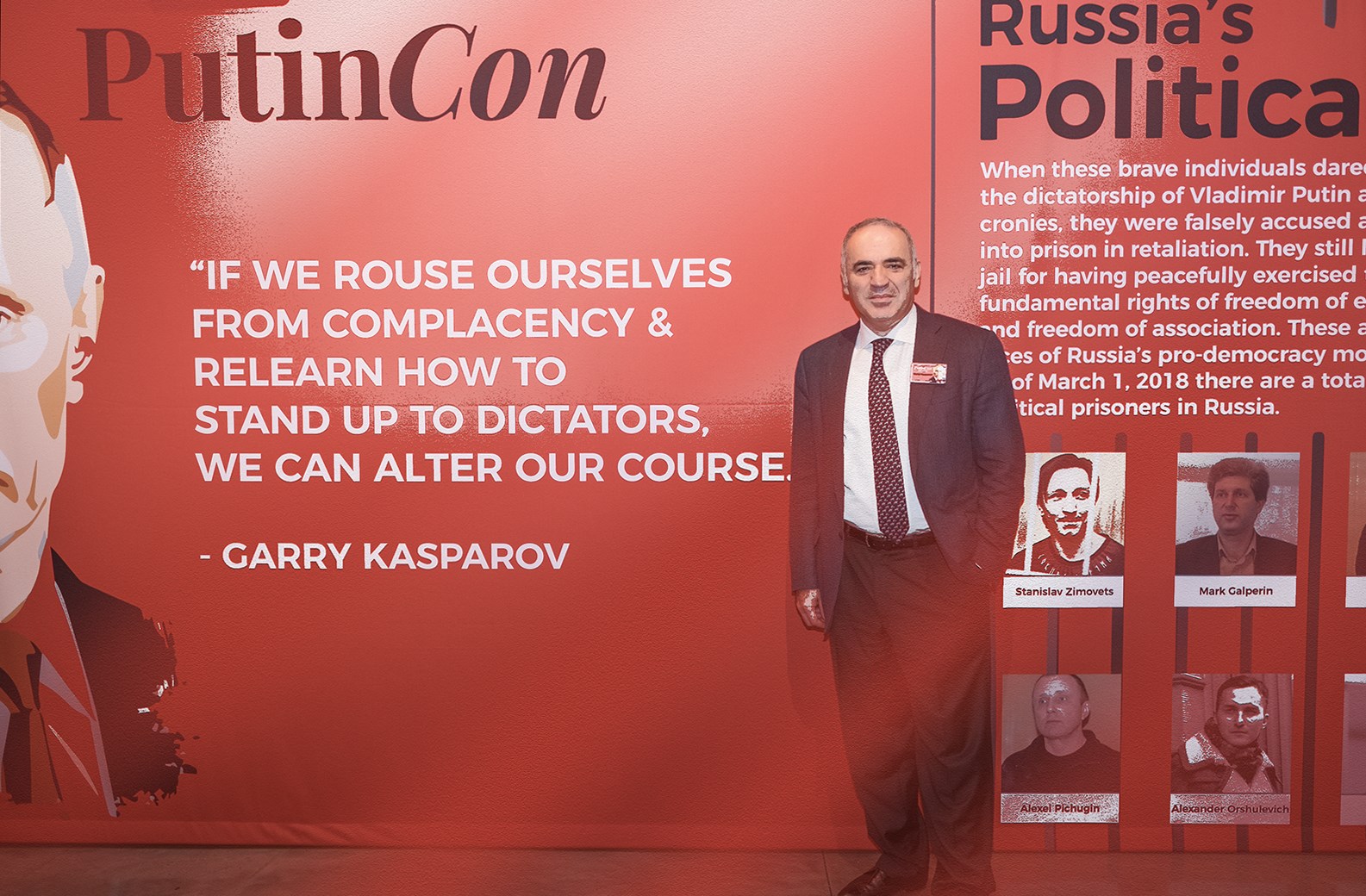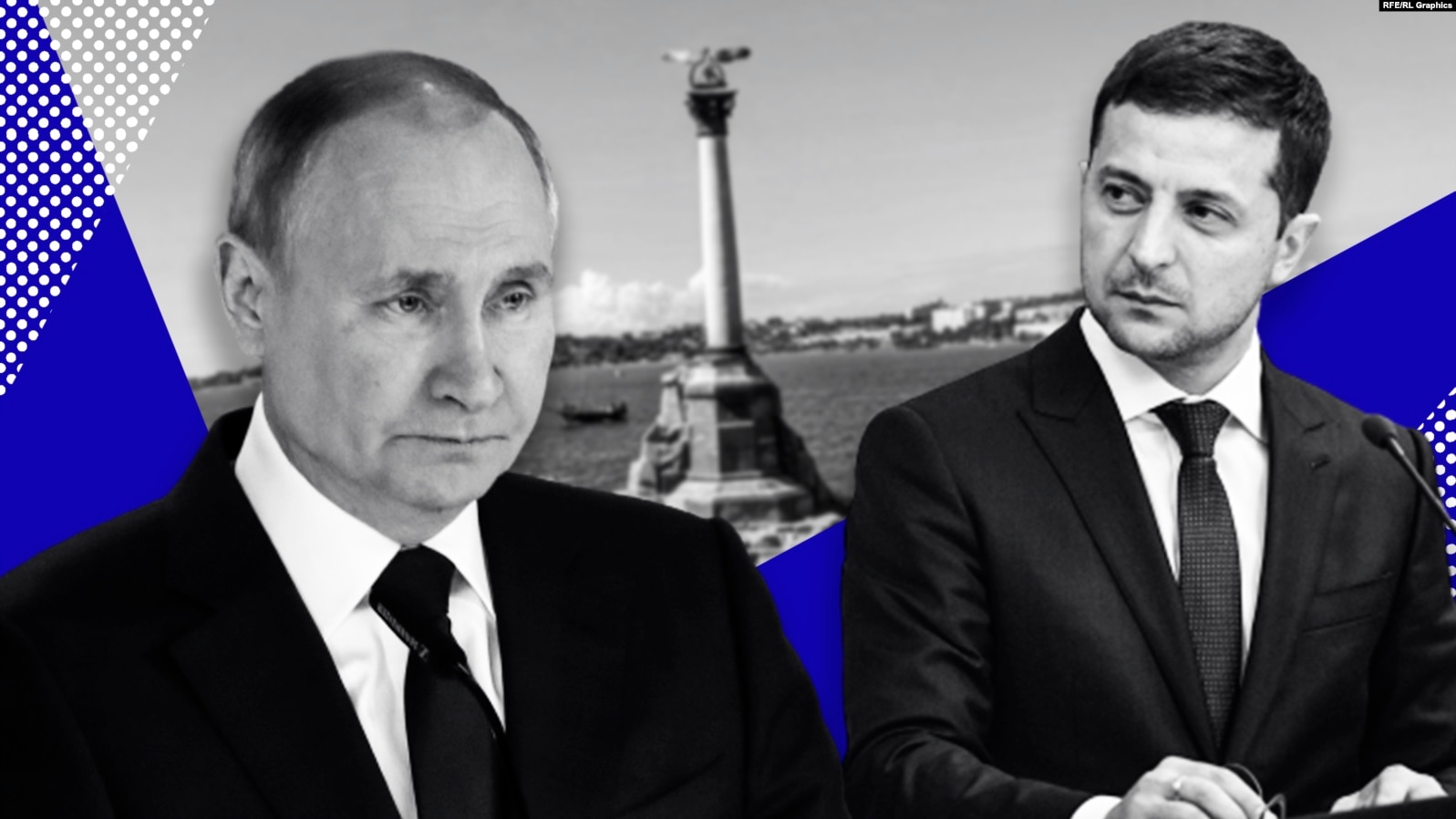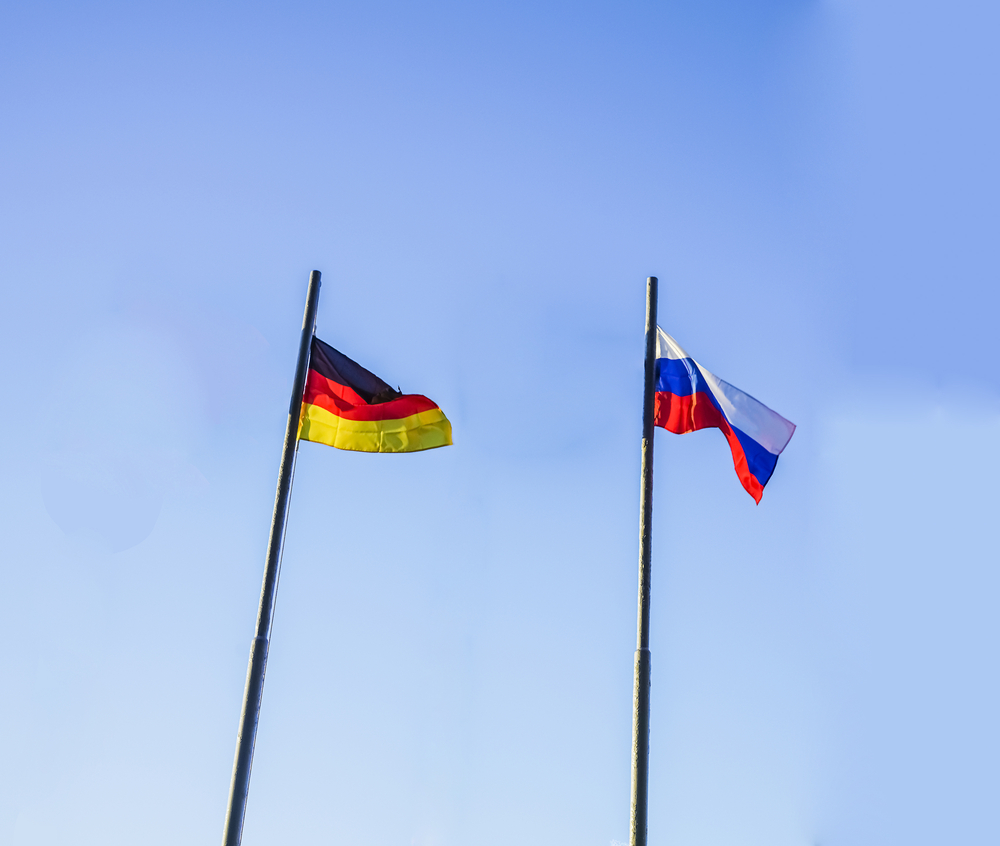“We always had friends and supporters there”
In such a way the Russian president Vladimir Putin assessed Russia and Germany’s long-term relationship during a common press conference with German Chancellor Merkel on 10 May 2015. At this occasion, he for the second time in a few months defended the Molotov-Ribbentrop pact of August 1939 that had included a secret protocol dividing the territories of Romania, Poland, Lithuania, Latvia, Estonia, and Finland among Germany and Russia. The national states Russia threatened after its armed forces attacked Ukraine in 2014 are practically identical with them.
In November 2014, Lithuanian Foreign Minister Linas Linkevičius had warned: “We cannot let such statements go unnoticed because they are part of a bigger narrative, under which the Russian leadership now seeks endorsement for its aggressive and revisionist foreign policy.” Western mass media brought the issue prominently, but the political reactions of “western democrats” Linkevičius called for did not follow.
Russia took this as a sign to proceed: it conducted two massive military exercises in the Baltic Sea in December 2014 and March 2015, and besides the Russian air force has been used for continuous provocations (such as today); the Russian army had its second large-scale offensive in Ukraine in January 2015, and intensified its aggressive rhetoric against eastern European Union members. As a result, Poland is closing its defense gaps, and Finland and Estonia have practically put their armies on combat alert – officially it has nothing to do with Russia, and the issues are played down in the media and politics.
Recently, a larger analysis appeared in the internet as a “test case,” calling for a “preventive occupation” of the Baltic states. Also here, public responses were close to zero.
Contemporary Europe is trying hard to ignore reality and refuses to discuss the possibility of war, leave alone to prepare its citizens for it.
So, there is nothing surprising in the silence of German press and politicians (see the only contribution so far) on the 10 May revisionist statements of the Russian president concerning the Molotov-Ribbentrop pact. The statements additionally suggested Poland brought the war on itself. This means to justify millions of dead in the zone “in between” Russia and Germany – predominantly Poles, Ukrainians, Belarussians and Jews – nations the Russian elite has traditionally not in high estimation.
The German side opted to ignore the issue, as celebrations of the end of the Second World War were not to be spoiled by the “in between,” or as Germans call it the “Zwischeneuropa.” In fact, to acknowledge the suffering of Poles, Ukrainians, Belarussians, and the Baltic nations explicitly on a 8/9 May has run contrary to official German and Russian remembrance policy, so it is no wonder, no high German representatives participated in the Polish/Ukrainian commemorations that took place on the Westerplatte.
Such ignorance might have played out politically in past decades, but today this is very dangerous: As Germany still ignores the suffering of Zwischeneuropa, and leaves it to Lithuania and Poland to protest in cases of historic revisionism, Russia is only encouraged to continue – ignorance means “silent consent” to Russia’s actions.
But there is also another, more worrying dimension: in a hybrid war, real agreements are just a fake (Minsk I and Minsk II have been a proof of it), and “hybrid agreements” might signify as much as real ones.
The question has circulated for quite some time: is there some agreement between Germany and Russia on Zwischeneuropa? There is an agreement, but it is a hybrid one, and fits this war perfectly.
Let’s take a closer look at three of the most important components of this agreement between Russia and Germany before the next round of fighting:
The “Putinversteher“
The hybrid agreement has been enabled and pushed by the vocal and politically influential lobby of Germany’s “Putinversteher” (also: “Russlandversteher”). The lobby includes former German chancellors, ministers, businessmen, film-makers, influential editors, owners of newspapers, cast show hosts, members of the security services and the German Bundeswehr, even high German NATO-representatives, certain think tanks specializing on Russia, professors and academics with focus on Russian studies, and correspondents in Russia working for a special relationship with Russia.
Those persons get the media platform they need, as some of the Putinversteher host talkshows, own media, have influential positions in those, or push their arguments as journalists. The pressure they generate to “understand” Russia is not countered by a pressure to “understand” Ukraine, Poland or the Baltic states. Even if German media in general try to report objectively, the permanent media presence and pressure of Putinversteher favors Russia.
While in eastern Europe former diplomats and politicians issue appeals to stand together and not to allow Russia to destroy Europe, in Germany they issue memoranda to maintain a “special relationship with Russia,” and get the respective media and political attention.
Probably the best example for the special relationship has been former Chancellor Gerhard Schröder (SPD) who cancelled Russian debts and pushed Russian gas deliveries to Germany, and then went to work for a Gazprom-daughter. Germans have never questioned the alliance.
The role of the German social-democratic party SPD
The governing social-democratic party SPD has strong socialist roots, and the mother of the socialist international, Russia, is still beloved by most party members and requesting a special relationship, besides all aggressions in eastern Europe. Some have regarded the SPD during Cold War times (1945-1991) as Russia’s western outpost (see Vladimir Bukovski on the issue who recently faced a defamation campaign because of his opposition to the Russian regime). The story of a special relationship with Russia and the role of the SPD has never been subject of the famous German “Vergangenheitsbewältigung”. During the Cold War Germany’s SPD-governments stubbornly insisted to talk with Russia which was expressed best by the rapprochement with the communist realm led by former West German Chancellor Willy Brandt, just in line with today’s “diplomatic solution” rhetoric. This was called “Ostpolitik” then. If not for the Polish Pope John Paul II and Solidarność, and dissidents in Ukraine, the Soviet Union probably never would have collapsed.
In mid-February 2015, leading German social-democrats, Foreign Minister Frank-Walter Steinmeier, Vice Chancellor Sigmar Gabriel and the President of the European Parliament, Martin Schulz, proposed a position paper on a “new Ostpolitik.” It was a serious attempt to restore the special relationship with Russia, but this kind of Ostpolitik ignores or whitewashes Russian aggressions. Such moves have been mostly and silently backed by the other governing party, the conservative party CDU that nowadays rather resembles a social-democratic party. A part of Ostpolitik is to pressure Ukraine rather than Russia on fulfilling Minsk agreements, to ignore that the cease-fires have been violated practically daily by Russia, or to do all possible to reintegrate Russia – see for example the leaked letter of Steinmeier to EU’s Juncker that called for a resumption of three-way talks between the EU, Ukraine, and Russia in order to identify ‘practical solutions’ regarding the free-trade agreement with Ukraine.
Germany’s hybrid NATO membership
After Germany had devastated Europe 70 years ago, the country never again was to be allowed to initiate a war in Europe. Thus Germany understood its NATO-membership not as an obligation for German participation in a future full-scale European war. A paradox is that with the growing Russian threat, the feeling Germany should demilitarize intensified. Nobody in Germany wants to discuss the issue publicly that Germany is not ready to fight Russia – neither psychologically nor militarily. On paper, Germany has 180 000 troops, but only a few ten thousands would be ready for combat-activities, not counting serious material shortages. For example, the German Bundeswehr currently disposes of 20 (!) tanks that are able to combat Russian motorized T-80 and T-90 tanks. Germany is not able to fulfill its NATO commitments in the event of an attack on a member of the alliance, leave alone to defend itself in the case of an attack on its country.
It is interesting that a member of NATO not able to fulfill its obligations and to defend itself has become the most important contact partner of an aggressor preparing to take over parts of Zwischeneuropa, trying to convince Russia of the futility of his undertakings.
All this can be seen as a successful cultivation of Germany’s special relationship with Russia. It is a hybrid agreement, made out of fear and admiration, as a guarantee to leave Germany in peace.








